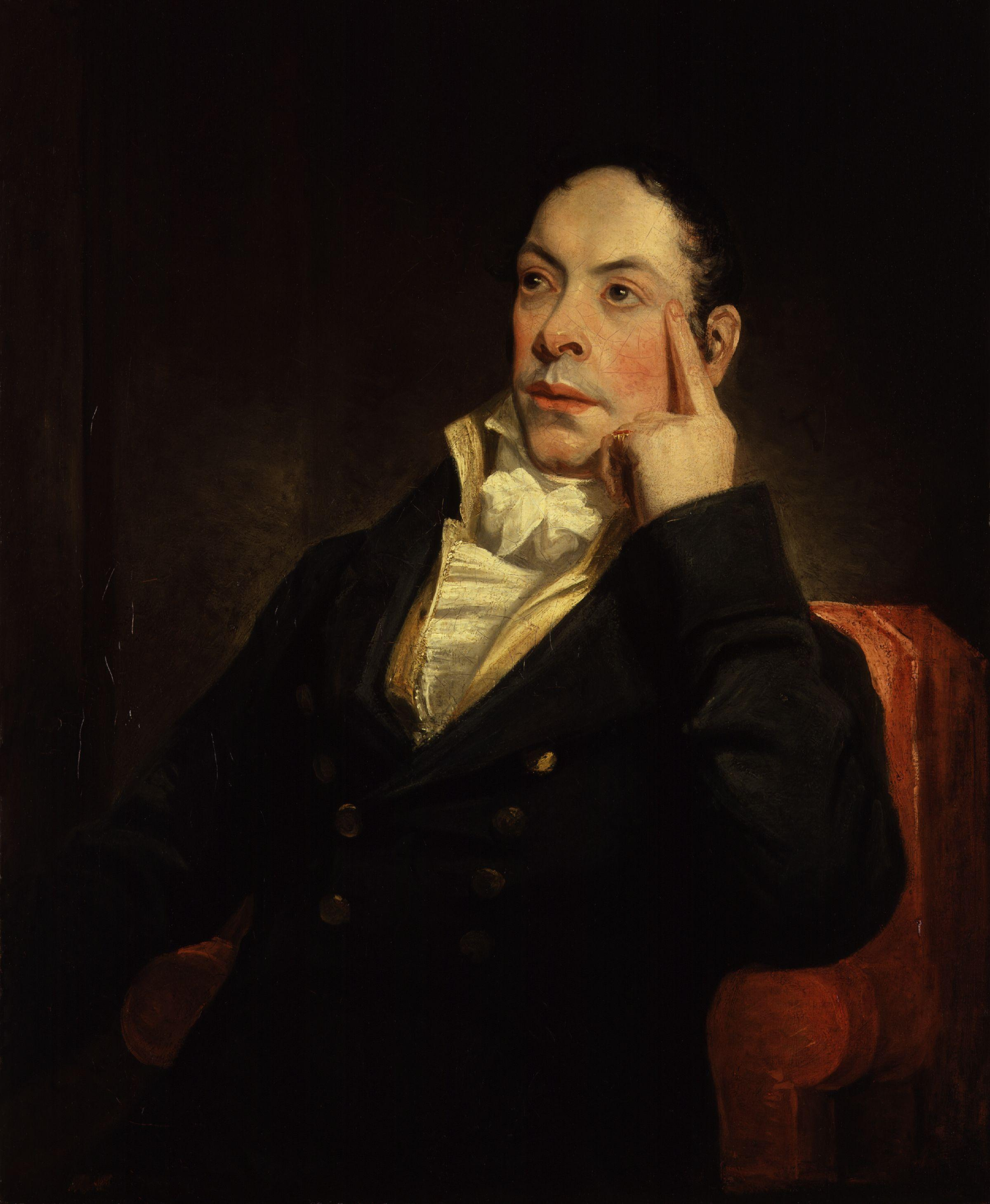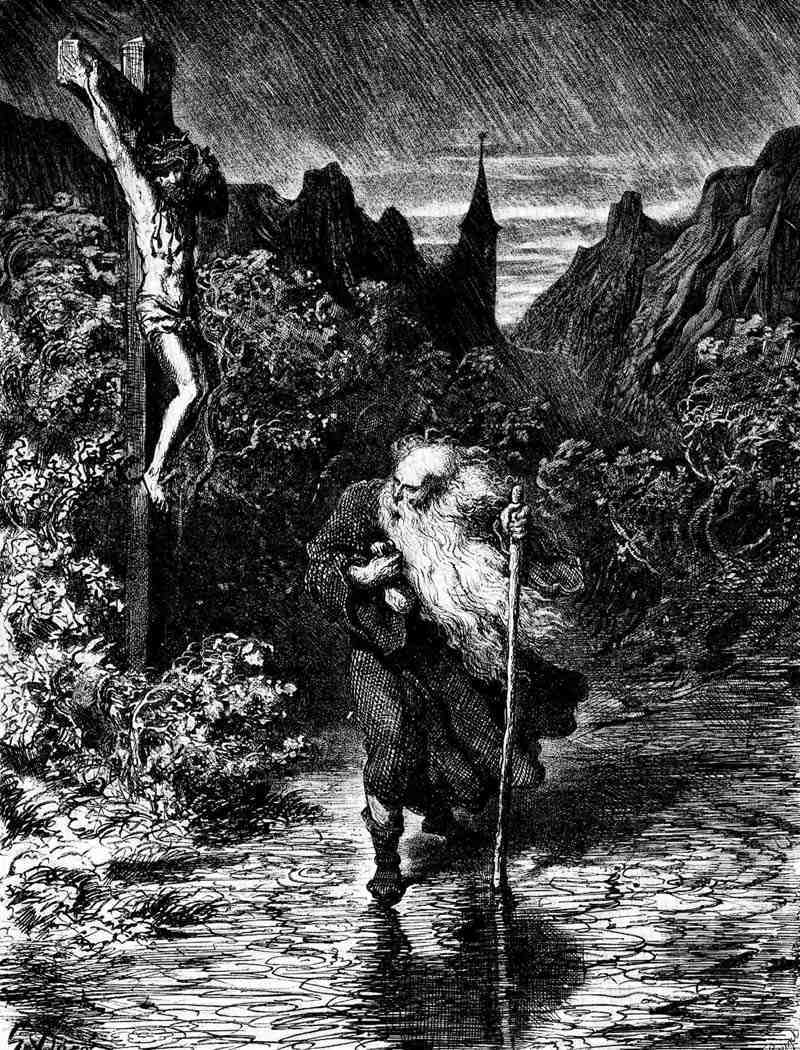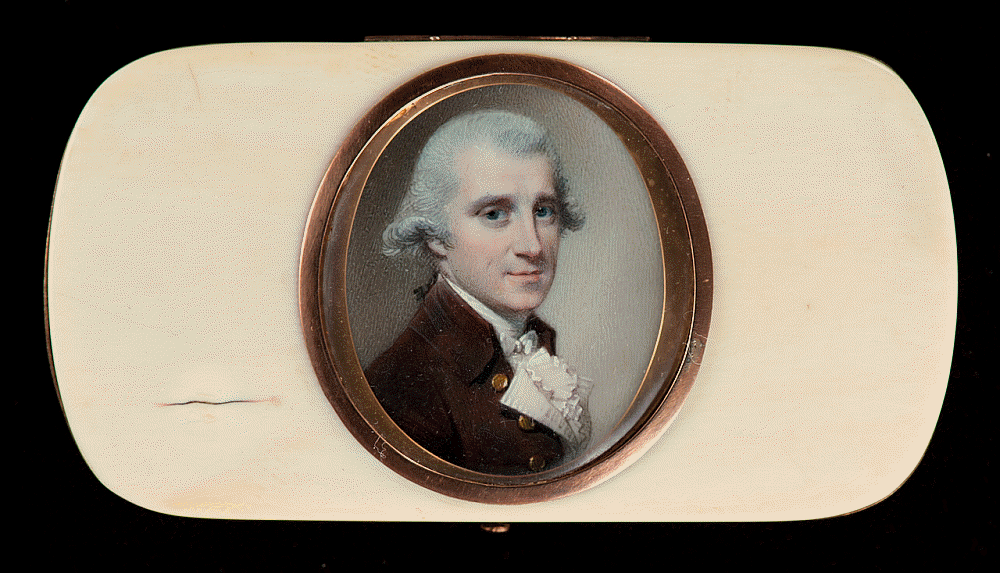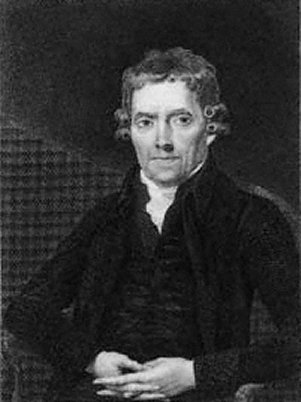|
The Monk
''The Monk: A Romance'' is a Gothic novel by Matthew Gregory Lewis, published in 1796. A quickly written book from early in Lewis's career (in one letter he claimed to have written it in ten weeks, but other correspondence suggests that he had at least started it, or something similar, a couple of years earlier), it was published before he turned twenty. It is a prime example of the male Gothic that specialises in the aspect of horror. Its convoluted and scandalous plot has made it one of the most important Gothic novels of its time, often imitated and adapted for the stage and the screen. Characters * Agnes is Don Lorenzo's younger sister and Don Raymond's lover. Her mother fell ill while pregnant with Agnes and vowed to send Agnes to the convent if she delivered her safely. She is a virtuous young lady who intends to marry Don Raymond but her parents want her to become a nun, so she decides to run away with him. Their plans are foiled and, thinking Don Raymond has abandoned h ... [...More Info...] [...Related Items...] OR: [Wikipedia] [Google] [Baidu] |
Matthew Gregory Lewis
Matthew Gregory Lewis (9 July 1775 – 14 or 16 May 1818) was an English novelist and dramatist, whose writings are often classified as "Gothic horror". He was frequently referred to as "Monk" Lewis, because of the success of his 1796 Gothic novel ''The Monk''. He also worked as a diplomat, politician and an estate owner in Jamaica. Biography Family Lewis was the first-born child of Matthew and Frances Maria Sewell Lewis. His father, Matthew Lewis, was the son of William Lewis and Jane Gregory and was born in England in 1750. He attended Westminster School before proceeding to Christ Church, Oxford, where he received his bachelor's degree in 1769 and his master's in 1772. During his time at Westminster, Lewis's parents separated, and he idolised his mother without disregarding his father. Mrs Lewis moved to France in this period; while there, she was in continuous correspondence with Matthew. The correspondence between Matthew and his mother consisted of discussion regarding the ... [...More Info...] [...Related Items...] OR: [Wikipedia] [Google] [Baidu] |
Wandering Jew
The Wandering Jew is a mythical immortal man whose legend began to spread in Europe in the 13th century. In the original legend, a Jew who taunted Jesus on the way to the Crucifixion was then cursed to walk the Earth until the Second Coming. The exact nature of the wanderer's indiscretion varies in different versions of the tale, as do aspects of his character; sometimes he is said to be a shoemaker or other tradesman, while sometimes he is the doorman at the estate of Pontius Pilate. Name An early extant manuscript containing the Legend is the ''Flores Historiarum'' by Roger of Wendover, where it appears in the part for the year 1228, under the title ''Of the Jew Joseph who is still alive awaiting the last coming of Christ''. The central figure is named ''Cartaphilus'' before being baptized later by Ananias as ''Joseph''. The root of the name ''Cartaphilus'' can be divided into ''kartos'' and ''philos'', which can be translated roughly as "dearly" and "loved", connecting the L ... [...More Info...] [...Related Items...] OR: [Wikipedia] [Google] [Baidu] |
Vathek
''Vathek'' (alternatively titled ''Vathek, an Arabian Tale'' or ''The History of the Caliph Vathek'') is a Gothic novel written by William Beckford. It was composed in French beginning in 1782, and then translated into English by Reverend Samuel Henley in which form it was first published in 1786 without Beckford's name as ''An Arabian Tale, From an Unpublished Manuscript'', claiming to be translated directly from Arabic. The first French edition, titled simply as ''Vathek'', was published in December 1786 (postdated 1787). In the twentieth century some editions include ''The Episodes of Vathek'' (''Vathek et ses épisodes''), three related tales intended by Beckford to be so incorporated, but omitted from the original edition and published separately long after his death. Plot introduction ''Vathek'' capitalised on the eighteenth- (and early nineteenth-) century obsession with all things Oriental (see Orientalism), which was inspired by Antoine Galland's translation of ''The ... [...More Info...] [...Related Items...] OR: [Wikipedia] [Google] [Baidu] |
Matthew Lewis (writer)
Matthew Gregory Lewis (9 July 1775 – 14 or 16 May 1818) was an English novelist and dramatist, whose writings are often classified as "Gothic horror". He was frequently referred to as "Monk" Lewis, because of the success of his 1796 Gothic novel ''The Monk''. He also worked as a diplomat, politician and an estate owner in Jamaica. Biography Family Lewis was the first-born child of Matthew and Frances Maria Sewell Lewis. His father, Matthew Lewis, was the son of William Lewis and Jane Gregory and was born in England in 1750. He attended Westminster School before proceeding to Christ Church, Oxford, where he received his bachelor's degree in 1769 and his master's in 1772. During his time at Westminster, Lewis's parents separated, and he idolised his mother without disregarding his father. Mrs Lewis moved to France in this period; while there, she was in continuous correspondence with Matthew. The correspondence between Matthew and his mother consisted of discussion regarding the ... [...More Info...] [...Related Items...] OR: [Wikipedia] [Google] [Baidu] |
Robert Miles (literary Critic)
Roberto Concina (3 November 1969 – 9 May 2017), known professionally as Robert Miles, was an Italian record producer, composer, musician and DJ. His 1995 composition "Children" sold more than 5 million copies and topped the charts worldwide. Early life Robert Miles was born in Fleurier, Switzerland, to Italian parents. Miles became proficient at playing the piano during his youth in Friuli, Italy, in the small town of Fagagna, where his family moved when he was young, and had been in the music scene since 1984. He worked as a DJ in some Italian clubs and private radio networks, and in 1990 he used his savings to establish his own recording studio and a pirate radio station. Music career 1994–1997: Breakthrough and ''Dreamland'' In 1994, Miles wrote a trance and chill-out piece based on acoustic guitar chords and soft synthesizer effects, "Children", which was later developed into a dream house song featuring a piano theme on top. The single picked up sales slowly, but w ... [...More Info...] [...Related Items...] OR: [Wikipedia] [Google] [Baidu] |
Morality Tale
The morality play is a genre of medieval and early Tudor drama. The term is used by scholars of literary and dramatic history to refer to a genre of play texts from the fourteenth through sixteenth centuries that feature personified concepts (most often virtues and vices, but sometimes practices or habits) alongside angels and demons, who are engaged in a struggle to persuade a protagonist who represents a generic human character toward either good or evil. The common story arc of these plays follows "the temptation, fall and redemption of the protagonist."King, Pamela M. "Morality Plays." In ''The Cambridge Companion to Medieval English Theatre'', edited by Richard Beadle and Alan J. Fletcher. 2nd ed. Cambridge University Press, Cambridge, 2008: 235-262, at 235. English morality plays Hildegard von Bingen's ''Ordo Virtutum'' (English: "Order of the Virtues"), composed c. 1151 in Germany, is the earliest known morality play by more than a century, and the only medieval musica ... [...More Info...] [...Related Items...] OR: [Wikipedia] [Google] [Baidu] |
Satan
Satan,, ; grc, ὁ σατανᾶς or , ; ar, شيطانالخَنَّاس , also known as Devil in Christianity, the Devil, and sometimes also called Lucifer in Christianity, is an non-physical entity, entity in the Abrahamic religions that seduces humans into sin or falsehood. In Judaism, Satan is seen as an agent subservient to God in Judaism, God, typically regarded as a metaphor for the ''yetzer hara'', or "evil inclination." In Christianity and Islam, he is usually seen as a fallen angel or jinn who has rebelled against God in Abrahamic religions, God, who nevertheless allows him temporary power over the fallen world and a host of demons. In the Quran, Shaitan, also known as Iblis, is an entity made of fire who was cast out of Heaven because he refused to bow before the newly created Adam in Islam, Adam and incites humans to sin by infecting their minds with ''waswās'' ("evil suggestions"). A figure known as ''ha-satan'' ("the satan") first appears in the Hebrew B ... [...More Info...] [...Related Items...] OR: [Wikipedia] [Google] [Baidu] |
Wisbech & Fenland Museum
The Wisbech & Fenland Museum, located in the town of Wisbech in the Isle of Ely, Cambridgeshire, England, is one of the oldest purpose-built museums in the United Kingdom. The museum logo is W&F. History Initially a member-based organisation the museum is now a charity (311307). The trustee since 1 April 2015 is Wisbech and Fenland Museum Trustee Company Limited (09432722) 19th century The Museum Society was founded in 1835 and was originally located in two rooms of 16 Old Market Place, a detached part of the house of George Snarey and opened in July. The collections could be seen 'from 11 to 2 o'clock every Friday'. In 1839 admission was one shilling. Wisbech Institute was permitted to bring members for a tour at 6d per member. In 1841 the curator Captain Schulz R.N. was advertising for an attendant to supervise the museum for three hours a day for a salary of £25 and a residence on the premises. In 1845 the museum building was sold and it re-located to the present purpose ... [...More Info...] [...Related Items...] OR: [Wikipedia] [Google] [Baidu] |
Thomas James Mathias
Thomas James Mathias, FRS (c.1754 – August 1835) was a British satirist and scholar. Life Mathias was educated in Kingston upon Thames and Trinity College, Cambridge. He held some minor appointments in the royal household (sub-treasurer, 1782 and treasurer). He died in Naples, Italy. Mathias became a vegetarian after reading Mandeville's ''The Fable of the Bees''. He gave up all meat and lived on a diet of milk and vegetables. Works He was an accomplished Italian scholar, and translated various English works into Italian, such as ''Canzoni e prose toscane'', and vice versa. He also produced a fine edition of the work of Thomas Gray Thomas Gray (26 December 1716 – 30 July 1771) was an English poet, letter-writer, classics, classical scholar, and professor at Pembroke College, Cambridge, Pembroke College, Cambridge. He is widely known for his ''Elegy Written in a Country ..., on which he lost heavily. His chief work was ''The Pursuits of Literature'' (1794), an undiscrimi ... [...More Info...] [...Related Items...] OR: [Wikipedia] [Google] [Baidu] |
The Critical Review
''The Critical Review'' was a British publication appearing from 1756 to 1817. It was first edited by Tobias Smollett, from 1756 to 1763. Contributors included Samuel Johnson, David Hume, John Hunter, and Oliver Goldsmith. Early years The Edinburgh printer Archibald Hamilton started publishing ''The Critical Review'' in 1756 with Tobias Smollett as its first editor. The content was mainly book reviews, which were often long and favourable, with copious verbatim quotations. The Tory and High Church perspectives of contributors came through clearly, however. Besides Smollett, the writers of the first two volumes have been identified as John Armstrong, Samuel Derrick, Thomas Francklin, and Patrick Murdoch. After a libel against Admiral Sir Charles Knowles in the ''Review'', Smollett was sentenced to a fine of £100 and three months in King's Bench Prison. In 1763 he retired from the ''Review'', but left it as an influential publication. Sources External links Full textsat ... [...More Info...] [...Related Items...] OR: [Wikipedia] [Google] [Baidu] |
European Magazine
''The European Magazine'' (sometimes referred to as ''European Magazine'') was a monthly magazine published in London. Eighty-nine semi-annual volumes were published from 1782 until 1826. It was launched as the ''European Magazine, and London Review'' in January 1782, promising to offer "the Literature, History, Politics, Arts, Manners, and Amusements of the Age." It was in direct competition with ''The Gentleman's Magazine'', and in 1826 was absorbed into the ''Monthly Magazine''. Soon after launching the ''European Magazine'', its founding editor, James Perry, passed proprietorship to the Shakespearean scholar Isaac Reed and his partners John Sewell and Daniel Braithwaite, who guided the magazine during its first two decades. The articles and other contributions in the magazine appeared over initials or pseudonyms and have largely remained anonymous. Scholars believe that the contributions include the first published poem by William Wordsworth William Wordsworth (7 Ap ... [...More Info...] [...Related Items...] OR: [Wikipedia] [Google] [Baidu] |
Analytical Review
The ''Analytical Review'' was an English periodical that was published from 1788 to 1798, having been established in London by the publisher Joseph Johnson and the writer Thomas Christie. Part of the Republic of Letters, it was a gadfly publication, which offered readers summaries and analyses of the many new publications issued at the end of the eighteenth century. Perhaps most important, the ''Analytical Review'' provided a forum for radical political and religious ideas. Although it aimed at impartiality, its articles were often critical of the British government and supportive of the French revolutionaries. While the journal had low circulation numbers for its day, it still influenced popular opinion and was feared by the conservative government of William Pitt the Younger. In late 1797, the '' Anti-Jacobin'', the self-styled nemesis of the ''Analytical Review'', was founded by supporters of the government and other reactionary interests; it criticized the radical politics of ... [...More Info...] [...Related Items...] OR: [Wikipedia] [Google] [Baidu] |



.jpg)





